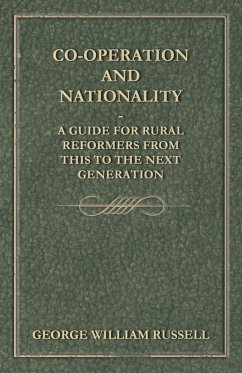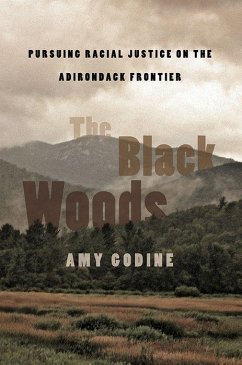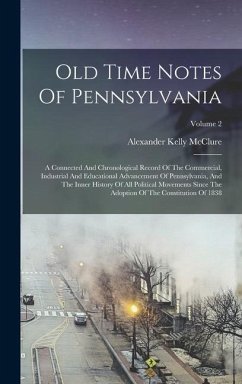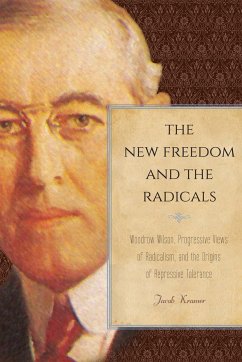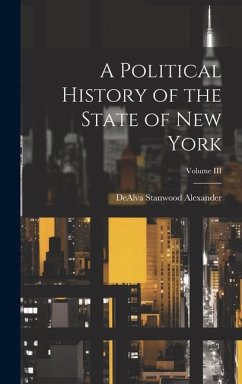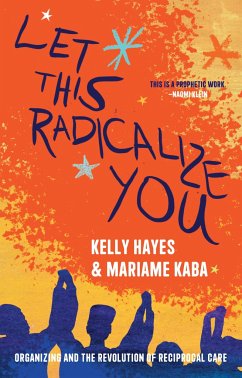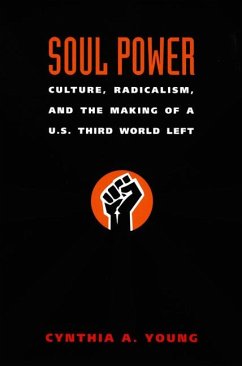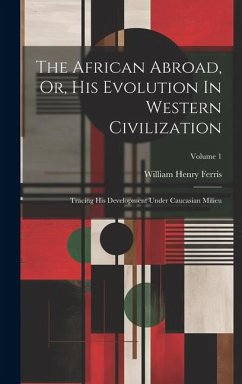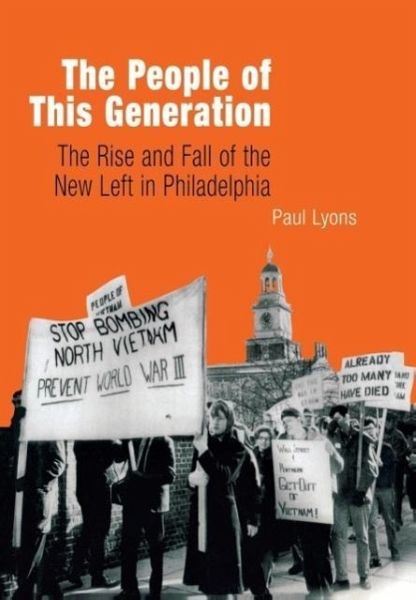
The People of This Generation
The Rise and Fall of the New Left in Philadelphia

PAYBACK Punkte
27 °P sammeln!
The People of This Generation The Rise and Fall of the New Left in Philadelphia Paul Lyons "A major contribution to the historiography of the New Left in the United Sates. Through an impressively researched study of white student activism in Philadelphia during the 1960s and early 1970s, Paul Lyons explores and explains the successes and failures of the larger New Left."--Journal of American History At the heart of the tumult that marked the 1960s was the unprecedented scale of student protest on university campuses around the world. Identifying themselves as the New Left, as distinguished fro...
The People of This Generation The Rise and Fall of the New Left in Philadelphia Paul Lyons "A major contribution to the historiography of the New Left in the United Sates. Through an impressively researched study of white student activism in Philadelphia during the 1960s and early 1970s, Paul Lyons explores and explains the successes and failures of the larger New Left."--Journal of American History At the heart of the tumult that marked the 1960s was the unprecedented scale of student protest on university campuses around the world. Identifying themselves as the New Left, as distinguished from the Old Left socialists who engineered the historic labor protests of the 1930s, these young idealists quickly became the voice and conscience of their generation. The People of This Generation is the first comprehensive case study of the history of the New Left in a Northeast urban environment. Paul Lyons examines how campus and community activists interacted with the urban political environment, especially the pacifist Quaker tradition and the rising ethnic populism of police chief and later mayor Frank Rizzo. Moving away from the memoirs and overviews that have dominated histories of the period, Lyons uses this detailed metropolitan study as a prism for revealing the New Left's successes and failures and for gauging how the energy generated by local activism cultivated the allegiance of countless citizens. Lyons explores why groups dominated by the Old Left had limited success in offering inspiration to a new generation driven by the civil rights movement and opposition to the Vietnam War. The number and diversity of colleges in this unique metropolitan area allow for rich comparisons of distinctly different campus cultures, and Lyons shows how both student demographics and institutional philosophies determined the pace and trajectory of radicalization. Turning his attention off campus, Lyons highlights the significance of the antiwar Philadelphia Resistance and the antiracist People for Human Rights--Philadelphia's most significant New Left organizations--revealing that the New Left was influenced by both its urban and campus milieus. Combining in-depth archival research, rich personal anecdote, insightful treatment of the ideals that propelled student radicalism, and careful attention to the varied groups that nurtured it, The People of This Generation offers a moving history of urban America during what was perhaps the most turbulent decade in living memory. Paul Lyons teaches history, social welfare policy, and Holocaust studies at Richard Stockton College and is author of Philadelphia Communists, 1936-1956, Class of '66: Living in Suburban Middle America, and New Left, New Right, and the Legacy of the Sixties. 2003 288 pages 6 x 9 22 illus. ISBN 978-0-8122-3715-3 Cloth $49.95s £32.50 ISBN 978-0-8122-0268-7 Ebook $49.95s £32.50 World Rights American History, Political Science Short copy: "A major contribution to the historiography of the New Left in the United Sates."--Journal of American History




